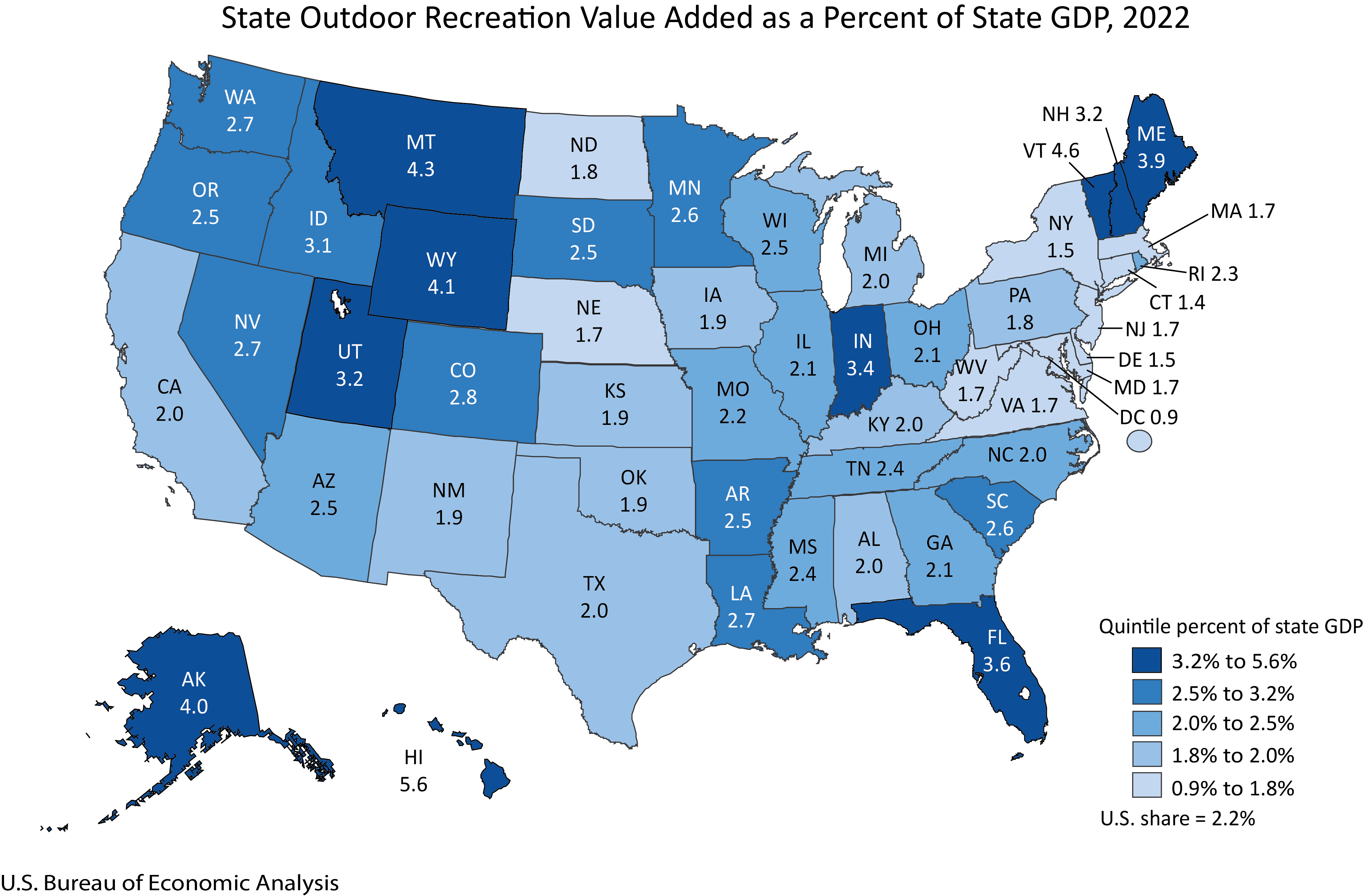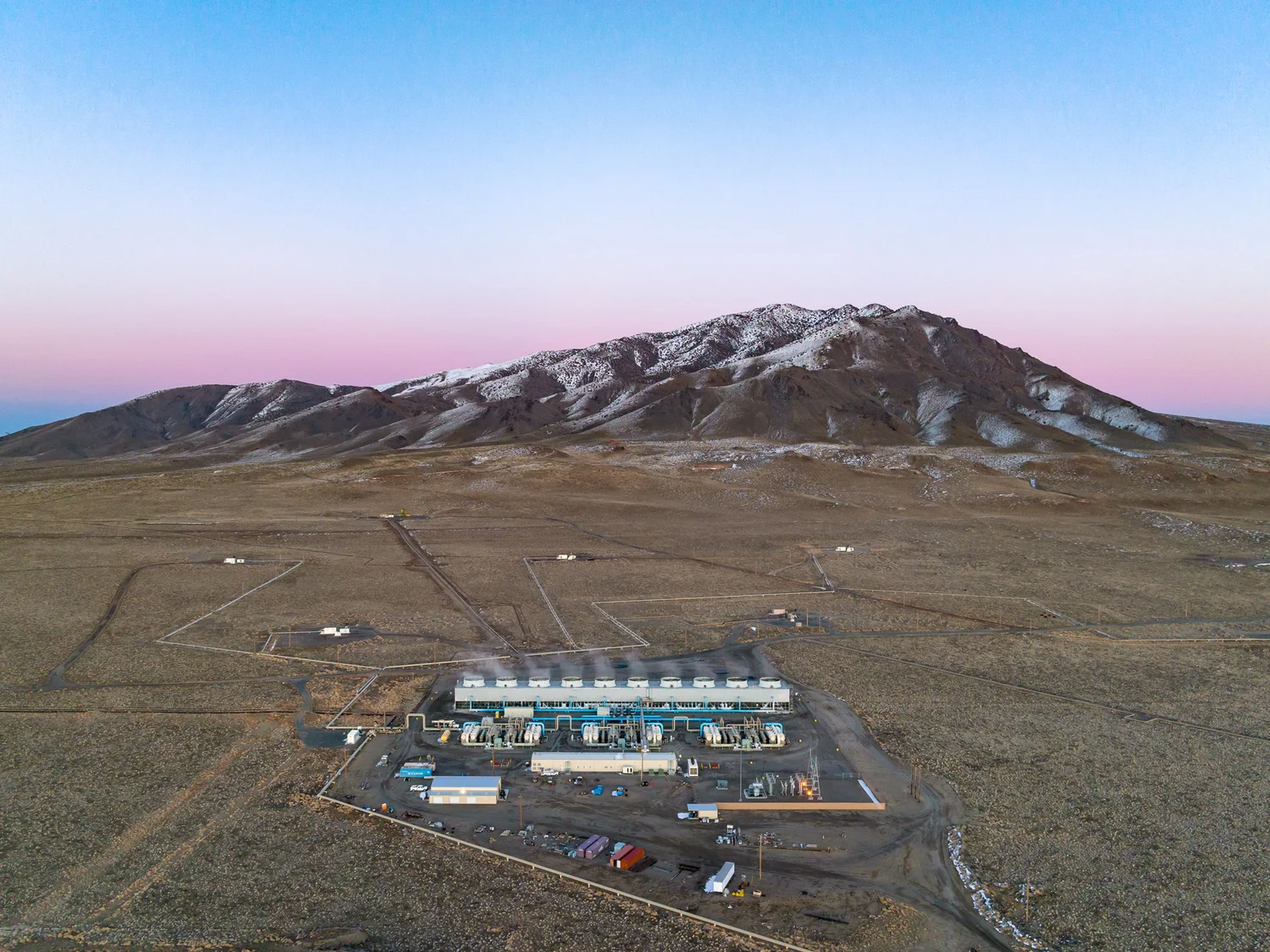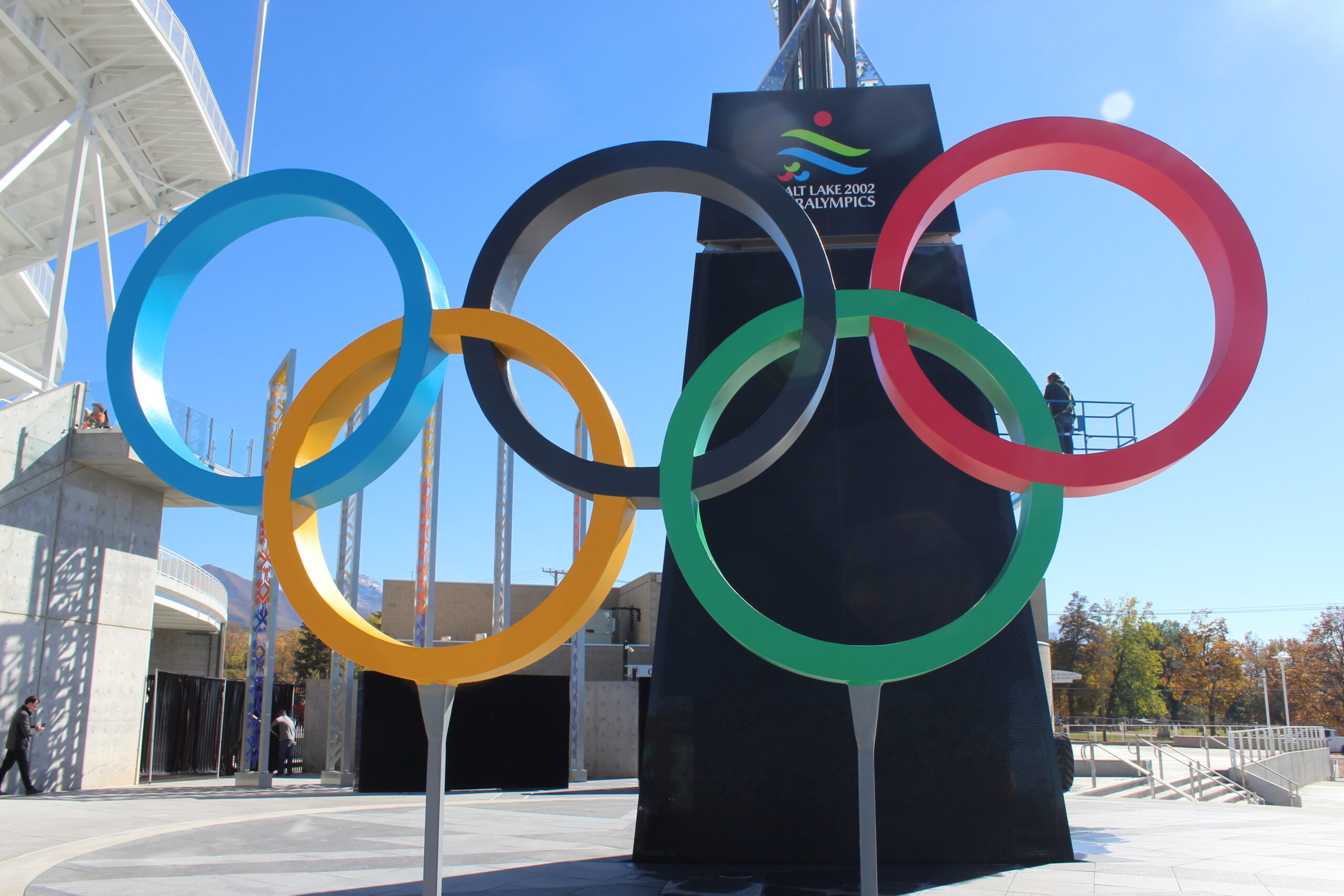11/30/23
Best of the West: Outdoor recreation industry reaches new heights; A geothermal breakthrough; Help for MMIP; AI regulations; Winter Olympics return to SLC; and the new Plant Hardiness Zone Map

The Western Governors' Association keeps you updated on the latest news in the West. Here are the top stories for the week starting Nov. 27, 2023. (Photos courtesy of adobe, the U.S. Bureau of Economic Analysis, Salt Lake City-Utah Committee for the Games, and USDA).
 The U.S. Bureau of Economic Analysis recently released figures that show the outdoor recreation industry contributed $1.1 trillion to the national economic output in 2022, with outdoor businesses earning $563.7 billion. Even though the 4.8% increase in inflation-adjusted GDP for the outdoor recreation economy actually reflects a deceleration from the increase of 22.7 percent in 2021, it marks the first time outdoor recreation has surpassed $1 trillion in economic output.
The U.S. Bureau of Economic Analysis recently released figures that show the outdoor recreation industry contributed $1.1 trillion to the national economic output in 2022, with outdoor businesses earning $563.7 billion. Even though the 4.8% increase in inflation-adjusted GDP for the outdoor recreation economy actually reflects a deceleration from the increase of 22.7 percent in 2021, it marks the first time outdoor recreation has surpassed $1 trillion in economic output.
In an effort to spur additional growth throughout the industry, many states are increasing their investments in the industry.
The Utah Division of Outdoor Recreation recently hosted 14 workshops throughout Utah to identify critical threats to outdoor recreation assets and develop policy, program, and project priorities that meet local needs, the goal of which is to release a long-term strategy for investing in its outdoor recreation resources.
The New Mexico Outdoor Recreation Division recently opened another round of grants for outdoor recreation projects via the New Mexico Economic Development Department. Awards range from $15,000 to $30,000. With more than $800,000 available, the department has enough to select at least two dozen awardees and, at most, could give out money to around 60 entities.
The Wyoming Office of Outdoor Recreation, which was created through a state Legislative allocation of American Rescue Plan Act funds, awarded four grants to expand recreational opportunities throughout the state. The Pilot Hill Recreation and Wildlife Habitat Management Area was awarded $1 million for the construction of the primary Pilot Hill Trailhead. Another grant of $700,000 went to the city of Laramie for the Laramie Bike Park. Applications for the second round of funding are now available with a Jan. 12, 2024 deadline.
Montana Fish, Wildlife, and Parks is accepting applications for over $500,000 in recreation grants. Applications will be accepted for the Off-Highway Vehicle Grant Program and the Summer Motorized Trail Pass Grant Program.
Many of the grants are being used to increase accessibility to outdoor recreation.
The Oregon Tourism Commission recently awarded $3.6 million in grants to 56 recipients through the agency's 2023 Competitive Grants Program, many of which aim to ensure American Disability Act accessibility.
Flathead Rivers Alliance has received a $30,000 grant to help fund its effort to improve American Disability Act accessibility on the Flathead River. The grant was secured through the Flathead National Forest and the Flathead Resource Advisory Committee. The goal of the project is to provide those living with a disability with more direct access to natural resources.
The Outdoor Recreation Roundtable announced that San Luis Valley Great Outdoors will receive a $10,000 award to build increased community resilience through outdoor recreation. SLV Great Outdoors will use the award to further access the outdoors for all members of the community, including the development of a bilingual marketing toolkit.
 Geothermal Springboard: Using an enhanced geothermal system that created a commercial-grade geothermal reservoir where it was not naturally occurring, Fervo has begun pumping carbon-free electricity onto the Nevada grid to power Google data centers there – the first enhanced geothermal system to produce commercial levels of energy.
Geothermal Springboard: Using an enhanced geothermal system that created a commercial-grade geothermal reservoir where it was not naturally occurring, Fervo has begun pumping carbon-free electricity onto the Nevada grid to power Google data centers there – the first enhanced geothermal system to produce commercial levels of energy.
Michael Terrell, who leads decarbonization efforts globally at Google, said the company is looking at using geothermal energy for other data centers worldwide as a portfolio of carbon-free technologies. “We’re really hoping that this could be a springboard to much, much more advanced geothermal power available to us and others around the world,” he said.
Learn more about enhanced geothermal systems and the potential for geothermal energy to decarbonize industry by listening to an Out West podcast episode with Colorado Governor Jared Polis and geothermal experts from the National Renewable Energy Laboratory, the Utah FORGE Laboratory, Cyrq Energy, and Ormat Technologies.
MMIP Help: New Mexico is creating a new advisory council that will be charged with implementing a state plan for responding to cases of missing or slain Native Americans. The office of New Mexico Governor Lujan Grisham did not say how many members will be part of the council, but did say that Pojoaque Pueblo Gov. Jenelle Roybal and Picuris Pueblo Gov. Craig Quanchello will lead the council.
“Bringing more law enforcement to the table will help address a major crux of this issue: a lack of coordination among federal, tribal, state, and local entities,” Governor Michelle Lujan Grisham said in a statement. “The work of this group will help bring missing Native people home, provide closure to families and communities, and prevent other families from experiencing these tragedies.”
Regulating AI: California Governor Gavin Newsom released a report entitled “Benefits and Risks of Generative Artificial Intelligence Report,” which discusses how California could apply artificial intelligence to state programs. Newsom called the AI report an “important first step” as the state weighs some of the safety concerns that come with AI.
California is home to 35 of the world’s 50 top AI companies and data from Pitchbook says the GenAI market could reach $42.6 billion in 2023, the report said. So AI advancements could definitely benefit California’s economy. However, the report also identified several risks, including spreading false information, giving consumers dangerous medical advice, and enabling the creation of harmful chemicals and nuclear weapons. Data breaches, privacy, and bias are also top concerns along with whether AI will take away jobs.
 SLC Olympics: The International Olympic Committee named Salt Lake City the preferred host of the 2034 Winter Olympics. Technically, Salt Lake City can’t take the reins to the Games just yet. The IOC requires preferred hosts to produce numerous government contracts and assurances before it will put a site up for a vote by its general membership next July, but local organizers already have those assurances in their pocket, according to the Salt Lake City Tribune.
SLC Olympics: The International Olympic Committee named Salt Lake City the preferred host of the 2034 Winter Olympics. Technically, Salt Lake City can’t take the reins to the Games just yet. The IOC requires preferred hosts to produce numerous government contracts and assurances before it will put a site up for a vote by its general membership next July, but local organizers already have those assurances in their pocket, according to the Salt Lake City Tribune.
Crowdsourced Safety: A student in the medical academy at Reno’s Academy of Arts, Careers, and Technology created an app allowing Reno residents to report and track potentially dangerous batches of drugs and clusters of overdoses. The app called Safety Outreach System, allows residents to self-report overdoses and fentanyl presence in drugs. The Northern Nevada Harm Reduction Alliance, a community group that promotes a harm reduction strategy around the use of recreational drugs, will manage the app and send out push notifications alerting residents when a batch of drugs contains fentanyl or if there is a high number of reported overdoses concentrated in an area.
.png) Plant Planning: The U.S. Department of Agriculture today released its new Plant Hardiness Zone Map, the national standard by which gardeners can determine which plants are most likely to survive the coldest winter temperatures at a certain location. The USDA describes the latest map, jointly developed by Oregon State University's PRISM Climate Group and the USDA's Agricultural Research Service, as the most accurate and detailed it has ever released.
Plant Planning: The U.S. Department of Agriculture today released its new Plant Hardiness Zone Map, the national standard by which gardeners can determine which plants are most likely to survive the coldest winter temperatures at a certain location. The USDA describes the latest map, jointly developed by Oregon State University's PRISM Climate Group and the USDA's Agricultural Research Service, as the most accurate and detailed it has ever released.